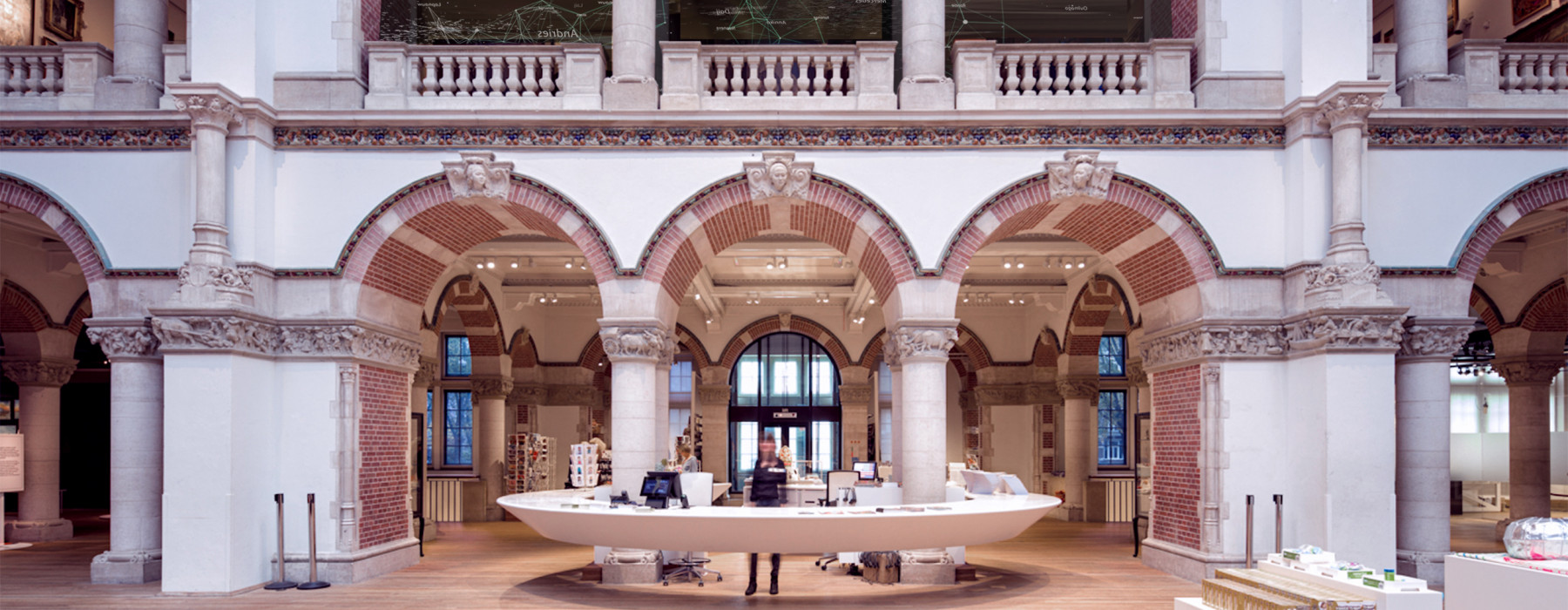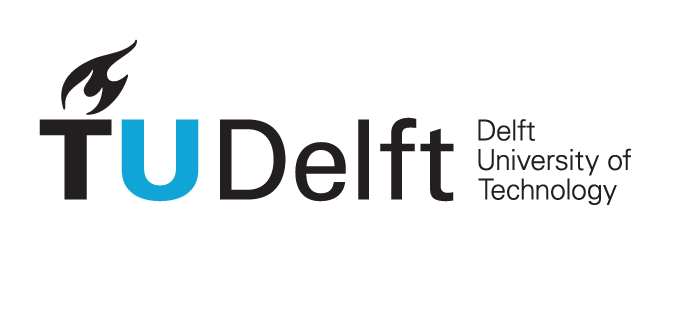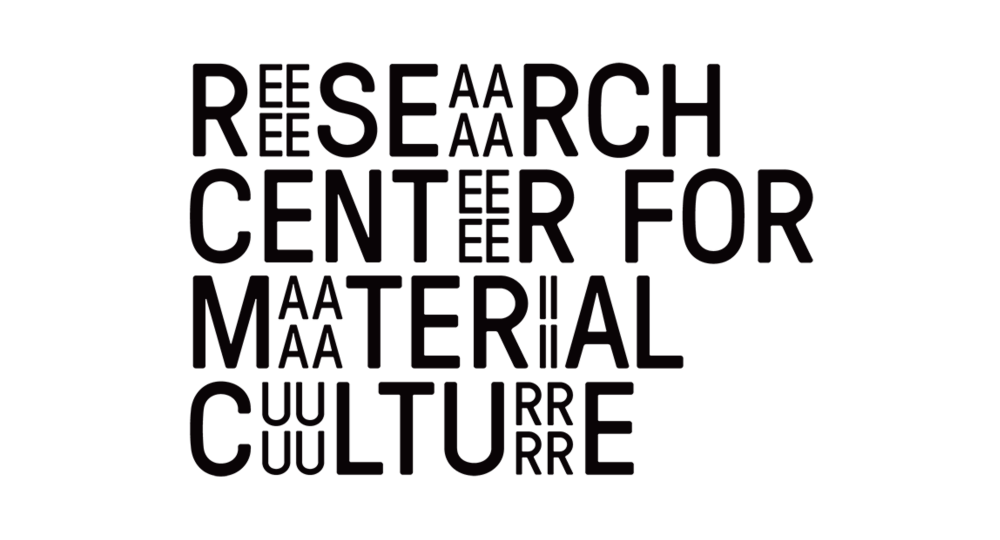Alejandro Campos is an Architect (2013), Ph.D. in Architecture (2018), and currently a Marie Sklodowska-Curie Fellow at the Department of Architecture, Delft University of Technology. Alejandro specialises in architecture and the colonial dynamics behind its universalising claims. His research and teaching interests include postwar European architecture, particularly the work of Aldo van Eyck, and the field of architectural anthropology. His Ph.D is an exploration of Van Eyck’s own house as a document to unpack the architect’s architectural thinking. He has recently published an annotated Spanish translation of The Child, the City, and the Artist (2021). He also collaborates as a Research Associate at the Research Center for Material Culture (Netherlands) and a Visiting Researcher at the Jaap Bakema Study Centre (Het Nieuwe Instituut). Alejandro has previously taught at Technical University Valencia (Spain), Aalto University (Finland) and Universidad Finis Terrae (Chile).
Fanny Wonu Veys: is the curator of Oceania at the National Museum of Worldcultures. Veys is currently a Barbro Klein Fellow at the The Swedish Collegium for Advanced Study (SCAS) for the spring semester of 2022. For this fellowship, she uses visual and textual sources to piece together the fragmentary historical and anthropological narrative of tattooing in the Pacific archipelago of Tonga. Her fieldwork sites include New Zealand (since 2000), Tonga (since 2003) and more recently Arnhem Land, Australia (since 2014). Her topics of interest and expertise include Pacific art and material culture, museums and cultures of collecting, Pacific musical instruments, Pacific textiles, and the significance of historical objects in a contemporary setting.
Ijlal Muzaffar is an associate professor of Modern Architectural History in the Theory and History of Art and Design department and graduate program director of the MA in Global Arts and Cultures program at RISD. He received his PhD from MIT in the History, Theory, and Criticism of Architecture and Art and a Master of Architecture from Princeton University. He also holds a BS in Mathematics and Physics from the University of Punjab. His work has appeared widely in edited volumes, biennale catalogues and peer-reviewed journals. He is a founding member of the architectural history research collaborative and publishing platform Aggregate. His first book, The Periphery Within: Modern Architecture and the Making of the Third World, slated to come out later this year from the University of Texas Press, looks at how modern architects and planners played a critical role in shaping the discourse on Third World development and its associated structures of power after World War II.
Hilde Heynen is a professor of architectural theory at the University of Leuven, Belgium. Her research focuses on issues of modernity, modernism and gender in architecture. In Architecture and Modernity. A Critique (MIT Press, 1999) she investigated the relationship between architecture, modernity and dwelling, arguing that critical theories such as those of Walter Benjamin and Theodor Adorno offer crucial insights when revisiting the Modern Movement. More recently she engaged with the intersection between architecture and gender studies, resulting in the volume Negotiating Domesticity: Spatial productions of gender in modern architecture (co-edited with Gulsum Baydar, Routledge, 2005). She was also the co- editor of Back from Utopia. The Challenge of the Modern Movement (with Hubert-Jan Henket, 010, 2001) and of the Handbook Architectural Theory (with Greig Crysler and Stephen Cairns; Sage, 2012), alongside other volumes. Her intellectual biography of Sibyl Moholy-Nagy is published with Bloomsbury (Sibyl Moholy-Nagy. Architecture, Modernism and its Discontent, 2019) and with Sandstein (Sibyl Moholy-Nagy. Kritikerin der Moderne, 2019).
Ayala Levin specialises in architecture and urban planning in postcolonial African states. Her research and teaching interests include twentieth century architecture and urbanism, non-western modernisms, and the production of architectural knowledge as part of north-south or south-south exchange. Her book Architecture and Development: Israeli Construction in Sub Saharan Africa and the Settler Colonial Imagination (Duke University Press, 2022) explores the export of Israeli architectural and planning models to Sierra Leone, Nigeria, and Ethiopia in the 1960s and 1970s. In addition, she is co-editor of the Aggregate Architectural History Collaborative collection of essays Architecture in Development: Systems and the Emergence of the Global South (Routledge, 2022), and the Journal of Architecture special issue on the Modern Village (2018). Her next research project explores how American architects and planners negotiated urban-rural dynamics in Africa from the mid 1950s to the late 1970s. Levin’s research has been supported by grants from the Fulbright Program, the Social Science Research Council International Dissertation Research Fellowship (SSRC-IDRF), and the Graduate Research Fellowship of the Institute for Religion, Culture and Public Life at Columbia University, among others. Levin is a board member of Aggregate and co-chaired a project for the Global History of Architecture Teaching Collaborative. She has previously taught at Columbia University, Pratt Institute, and Northwestern University.
Rolando Vázquez is a teacher and decolonial thinker. He is regularly invited to deliver keynotes on decoloniality at academic and cultural institutions. Vázquez is currently Associate Professor of Sociology and Cluster Chair at the University College Utrecht. Since 2010, he co-directs with Walter Mignolo the annual Maria Lugones Decolonial Summer School , now hosted by the Van Abbemuseum . In 2016, under the direction of Gloria Wekker , he co- authored the report "Let's do Diversity" of the University of Amsterdam Diversity Commission. He has been named Advisor at the Jan van Eyck Academy for 2021/2022. Vázquez's work places the question of the possibility of an ethical life at the core of decolonial thought and advocates for the decolonial transformation of cultural and educational institutions. His most recent publication is Vistas of Modernity: Decolonial aesthesis and the End of the Contemporary (Mondriaan Fund 2020).




